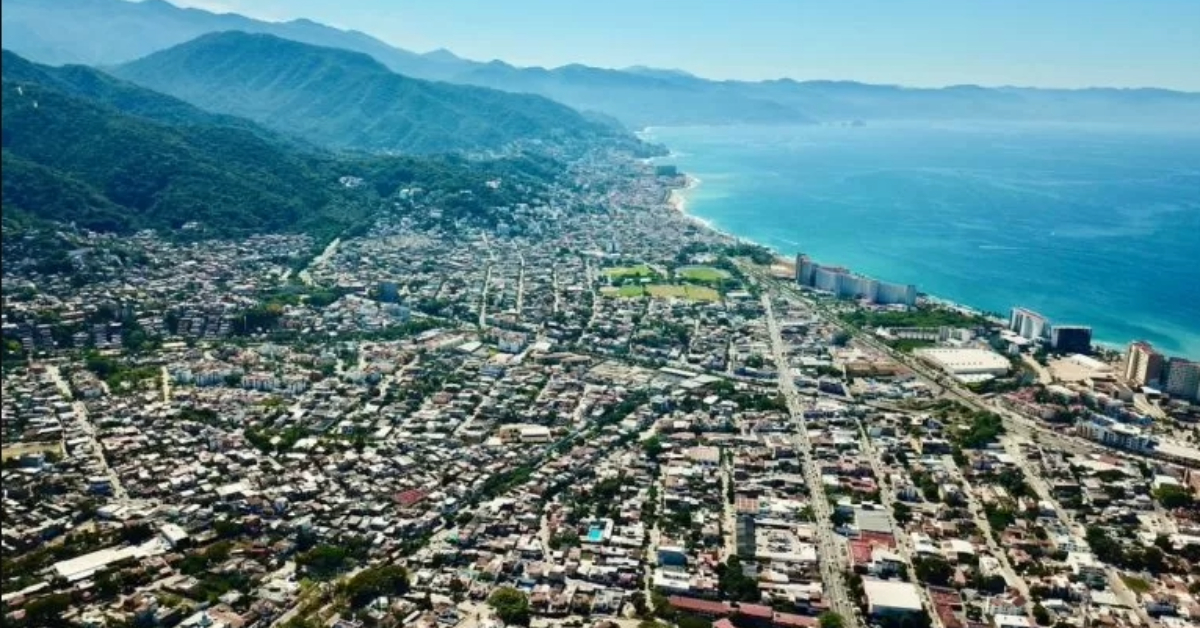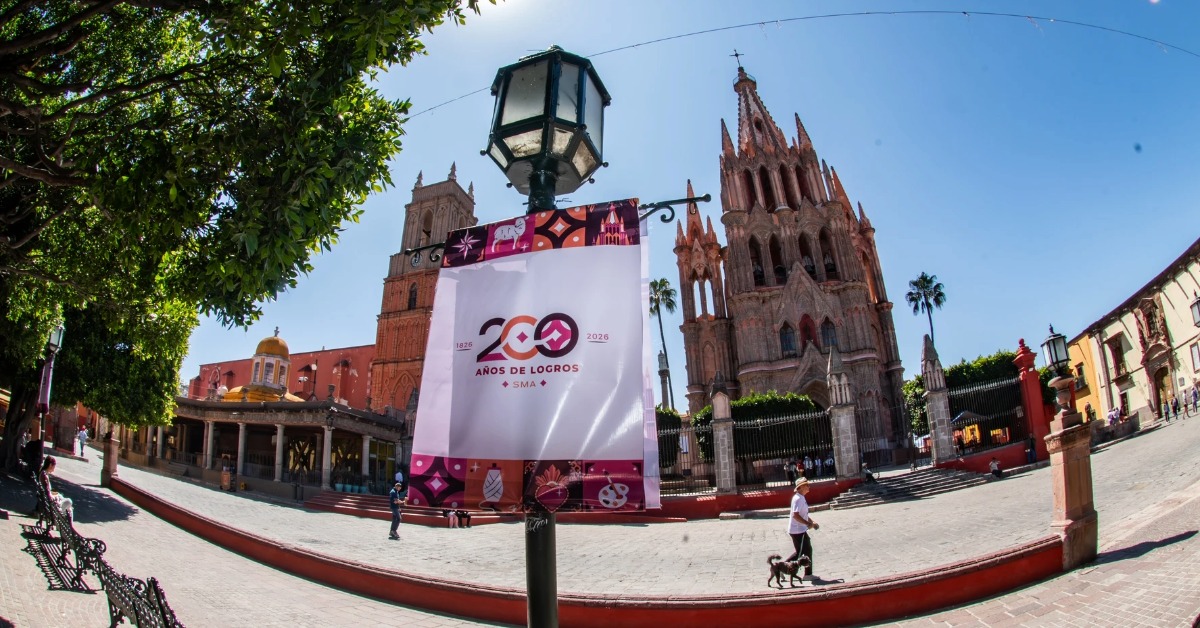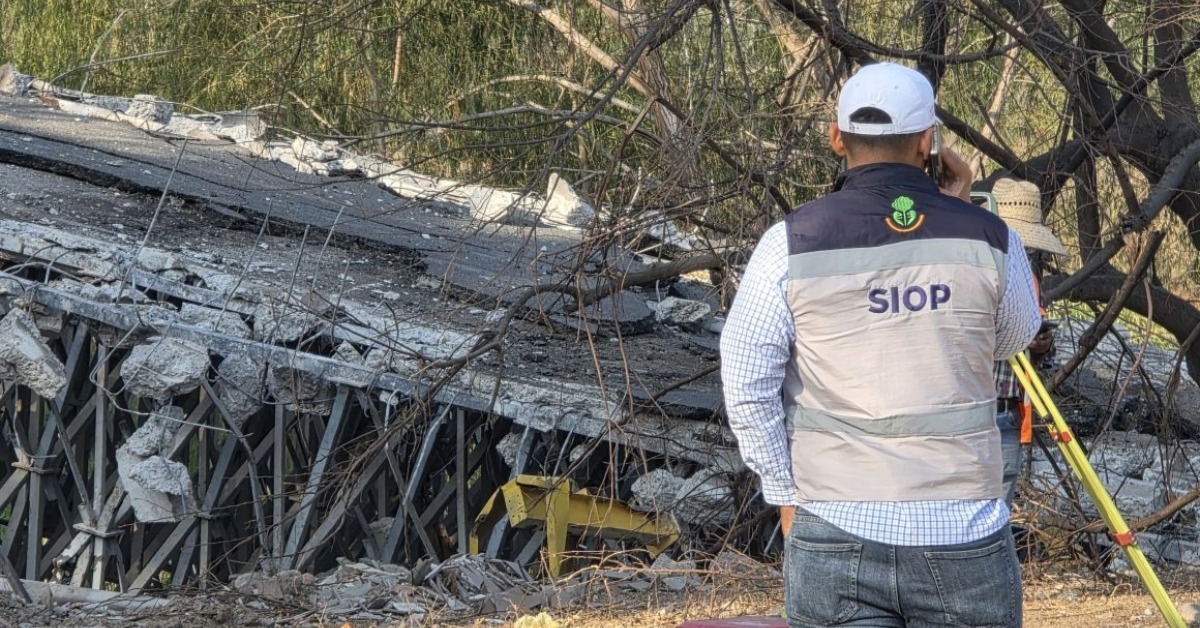Puerto Vallarta, Mexico - In Puerto Vallarta, the proliferation of digital lodging platforms, notably Airbnb, has sparked a surge in real estate development over the past decade, particularly in central areas of the municipality. This trend, as highlighted by Alfonso Baños, a researcher and doctor in City, Territory, and Sustainability at the University of Guadalajara (UdeG), has profound implications for the city's urban landscape and infrastructure.






